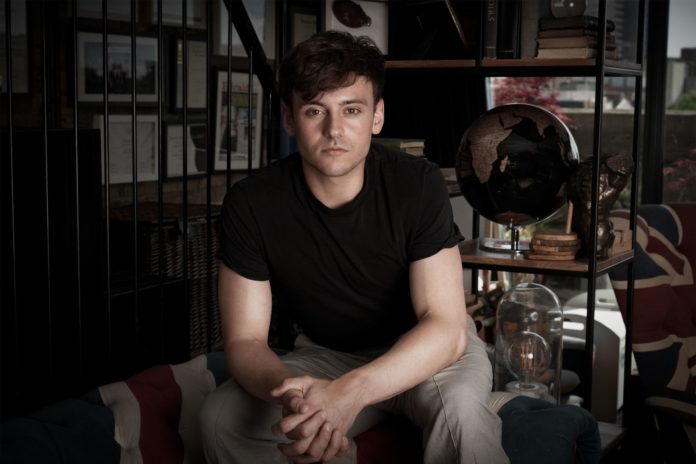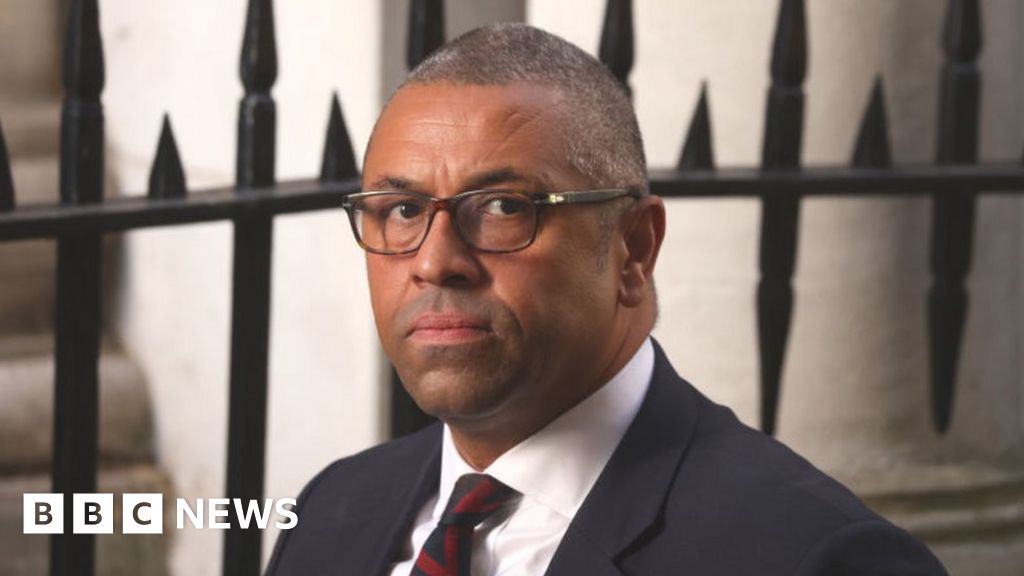The programme title brought back a sentiment I once scrawled in my diary as an admittedly somewhat overwrought twentysomething living and working in 1980s Istanbul. “Won’t they take me away cos I’m free? Isn’t there some kind of law against me?” It was one of the best periods of my life, yes, but paranoia was a definite part of it, living in a city where attitudes to same-sex sexuality were frowned upon, and as a foreigner you only sort of got away with being “exotic”.
Screening on BBC1 tonight, the documentary Tom Daley: Illegal to Be Me finds the gay, happily married Olympic gold medallist and double world champion diver travelling to “risky” places, including Pakistan. His bold mission: to explore the often brutal inequality LGBT people face as citizens in Commonwealth countries that criminalise same-sex relationships.
As Daley highlighted at the Commonwealth Games opening ceremony on July 28, entering the arena with LGBT athletes bearing rainbow flags, among the competitors were patriotic athletes at risk of violence in the countries they represent. In more than half of the 54 member states, living a visible same-sex life is punishable by whipping, life imprisonment or possibly execution — which, in an interconnected world, surely makes it an international issue. On the list are Brit-loved holiday destinations including Jamaica, Kenya, Sri Lanka and Malaysia.

Tom Daley explores countries that criminalise same-sex relationships in his documentary
BBC
This is not an issue of sex and sin. It’s one of identity and safety. Often we have our colonial forebears to thank for such legislation in the first place. Whatever; whether the laws in the country you want to visit are “dormant” or acted upon, it’s sensible to know your rights — and wrongs — well before you book that innocuous-sounding break (start with gov.uk/foreign-travel-advice).
“There have been cases of men getting arrested after having sex on a cruise in a country where being gay is illegal,” says Dan Leveille, creator of Equaldex, a collaborative LGBTQ+ rights knowledge base. “Events, clubs and spas are also sometimes raided. In the most homophobic countries police have been reported to use Grindr and social media to weed out people.”
Advertisement
Visitors aren’t exempt. So should you stay away if you’re gay? It’s not easy to get a straight answer. “On paper yes, in reality no,” says Hugh Eddon-Carruthers, who, with his husband, Ben, runs the LGBT-centric tour operator Huben Travel. “In the case of Dubai, the Maldives and many other countries that rely heavily on tourism, they often turn a blind eye to tourists’ practices. Take the consumption of alcohol — in both the Maldives and Dubai it is illegal to buy and consume, but in licensed hotels for tourists it is fine.”
Note the phrase “turn a blind eye” — not exactly the same thing as a human right enshrined in law. Personally I confess to being routinely on edge when I travel, alone or as a couple, even if it’s just a case of a stranger ingenuously “deducing” me. As women and people of colour find, aggressions can be micro (“Why is your husband not on holiday with you?”), even well meaning (“Your braids are gorgeous — so exotic!”). I remember a trip to Wales with my civil partner, Ashley. The only gays in the B&B — actually, the only guests — we were asked perplexingly if we’d like romantic music with our cornflakes. (Yes, of course we requested Barbra Streisand.)

Groups are working to ensure Jamaica is safe for everyone, regardless of sexuality
DAVID NEIL MADDEN/GETTY IMAGES
Elsewhere we’ve been unnerved, although the intent might have been benign. Take our taxi driver, 15 years ago, in Egypt, where the charge of “debauchery” has been used to prosecute LGBT people. En route ostensibly to the pyramids, we were whisked to a dilapidated neighbourhood where he peddled camel tours. “You are brothers?” he enquired. It might have been sales patter or something more sinister. Whatever, I stared him down boldly and squeaked “Yes”.
On another occasion we were arriving in St Lucia, where the Foreign, Commonwealth & Development Office (FCDO) states certain homosexual acts are illegal. Out of nowhere the immigration officer asked us what our relationship was. This time I couldn’t lie. In the event absolutely nothing came of it. She probably just couldn’t understand what a nice boy like Ashley was doing with me.
Still, paranoia persists. “We would always advise caution when travelling through international airports,” says Jaike Rowe, concierge manager at the LGBT-focused tour operator Out of Office. “If you’re travelling somewhere particularly challenging, consider going through immigration separately. It’s disappointing that we’re giving this advice in 2022, but it’s the reality of travelling as an LGBT+ person or couple.”
I asked two lesbian friends for their thoughts. “You don’t receive the same attention as two males would, but it can be an inferior experience — you may get fobbed off with the crummiest room,” one said. “And female couples can still be regarded as ‘fair game’ for any would-be lotharios too.”

Many hotels in the Maldives welcome same-sex couples despite it being illegal in the country
GETTY IMAGES
Then there’s relationship status. Another couple, Caroline and her wife, were invited to a friend’s surprise 40th birthday party in Dubai. “We had to point out homosexuality is illegal across the UAE,” she said. “Our passports clearly detail our names and each other as next of kin and we’d be giving this information to passport control. We didn’t want to take the risk of imprisonment or worse”
How can a tour operator ensure the safety of its clients at the destination? It depends on the company. Out of Office sells a lot of holidays to the Maldives. “The destination is under sharia law and it’s technically illegal to be LGBT+,” Rowe says. “But we visit and work with resorts that are totally welcoming to our community. You’ll receive the same honeymoon amenities any straight couple would. We’ve even been able to facilitate same-sex symbolic weddings.”
Advertisement
So far, so five star. What about, say, backpackers? Anyone LGBT and determined to visit a destination has little alternative other than to do their homework, know the risks locally and be on their best behaviour. Which, to be fair, isn’t too much to ask of someone in public. Hand on heart, regardless of gender, I can’t abide the sight of couples French kissing on the 22 to Oxford Circus. I just would like a double bed on holiday.
How can repressive laws be revoked? In the Commonwealth, in particular, it’s an issue tainted with the spectre of colonialism, but Daley believes not staging sporting events in countries that criminalise same-sex sexuality would send a strong message. (This year’s football World Cup, for instance, takes place in Qatar, where, the FCDO states, “sex outside of marriage, regardless of whether this is same-sex couples or opposite-sex couples, is illegal” and can lead to a custodial sentence.)
Tom Daley visits the most homophobic countries in the Commonwealth
On a more positive note, it may simply come from within. In Africa countries including Botswana, Angola, Gabon and Mozambique have decriminalised same-sex relations. Homophobic attitudes and acts of aggression will be harder to change.
In Jamaica, says Luke Korzun Martin, the director of Daley’s documentary, social justice groups such as J-Flag (the Jamaica Forum for Lesbians, All-Sexuals and Gays) are working to ensure the country is an open, safe place for everyone, regardless of sexuality. “There have actually been Pride marches in Jamaica since 2015,” he tells me, “and we met some openly gay Jamaicans who now feel comfortable hanging out together in public.”
Maybe my partner and I will holiday over rum punches in Montego Bay one day; I hear people are really welcoming there. But for now I’m simply too worried about that scary “law against me”. For the time being we can always stick with South Wales — just no Barbra Streisand at breakfast, please.
Tom Daley: Illegal to Be Me is on BBC1 tonight at 9pm and will be available on iPlayer
Sign up for our Times Travel newsletter and follow us on Instagram and Twitter








